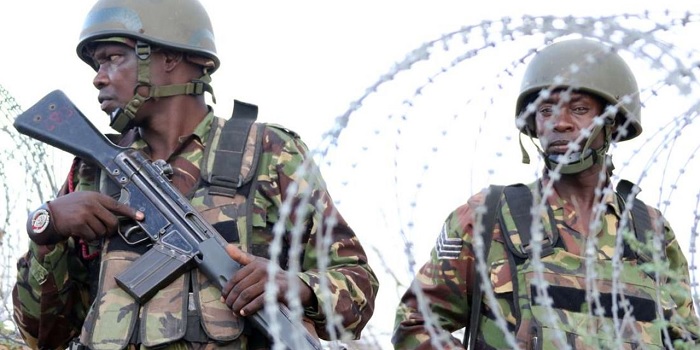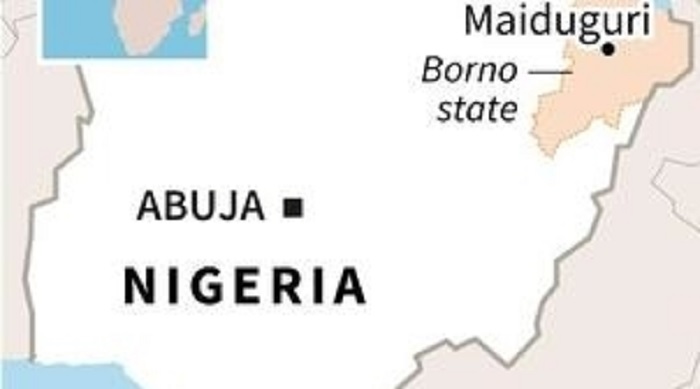Oil Blockades, Protests and Resignations: The Latest on Libya’s Conflict

The Libyan people continue to suffer as the country’s politics are fractured and regional powers seek to advance their own interests.
Nearly a decade into Libya’s byzantine conflict, a sustainable solution appears as distant as ever, even though negotiations are ongoing. As global and regional players jockey for influence, international efforts to resolve the conflict remain stymied and ineffective.






